An adaptation of Auraeus Solito's play entitled Esprit de Corps in the 1980's about the game of seduction and ranks in the ROTC, It is a queer story of two cadets and their pursuit to outwit a corrupt Major Marcus for his position. (Source: IMDb) Edit Translation
- English
- magyar / magyar nyelv
- dansk
- Norsk
- Native Title: Esprit De Corps
- Also Known As:
- Screenwriter & Director: Auraeus Solito
- Genres: Military, Drama, Mature
Cast & Credits
- JC SantosMajor MacMain Role
- Sandino MartinPvt. AbelMain Role
- Lharby PolicarpioPvt. CainMain Role
- VJ MendozaPvt. BisoySupport Role
- Gary Lim[The Commandant]Support Role
- Sue Prado[The Diwata]Support Role
Reviews

Of course, the film raises questions and we have to answer them ourselves. The actors are "effortless" and I evaluate overall from the perspective of an East Asian viewer, because of course this movie has its own Pinoy perspective and dimension. Of the director's three films, I rate this one in third place.
Was this review helpful to you?

Maskulinitas di dunia militer
Menceritakan tentang seorang atasan yang sangat maskulin, dia bahkan melakukan tindakan-tindakan "di luar batas" untuk membuktikan ke maskulinitasannya. Dari segi dialog, agak sulit difahami ya, alurnya campuran walaupun cenderung maju. Maksud dari film pendek yang satu ini memang bisa dimengerti, namun penyajiannya tidak terlalu bagus, durasinya terlalu panjang - one take shoot untuk film yang satu ini memang sangat luar biasa ya, para aktor bermain dalam satu stage tanpa cut scene dengan jangka waktu yang panjang itu membuat ketegangan yang luar biasa. Latar dalam film ini tidak terlalu berkesan, bahkan ruangan sang atasan hanya digambarkan sebagai penjara - menurutku film pendek ini berfokus pada "penggambaran" maskulinitas yang berkaitan dengan dunia lama yang sangat terbatas, beberapa kekerasan seksual mungkin muncul ya di film ini. Film ini juga menjelaskan bahwa "balas dendam" itu adalah sesuatu hal yang bisa terjadi dan dampaknya sangat luar biasa jahat dan tidak pernah terbayangkan. Dari segi warna, cenderung punya warna biasa aja ya tidak ada yang spesial, cinematography nya juga biasa aja. Saya tidak merekomendasikan film ini ; tapi jika anda berminat, tidak ada salahnya untuk menontonnya.Was this review helpful to you?
Recommendations
There have been no recommendations submitted. Be the first and add one.

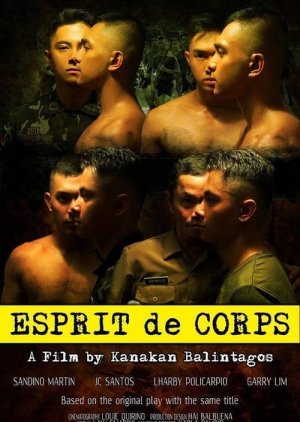







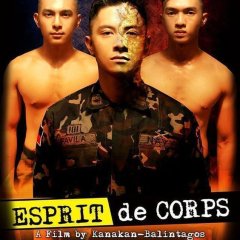
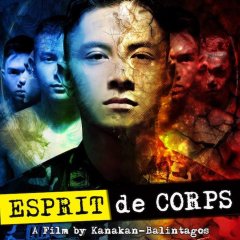

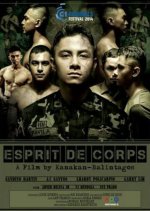










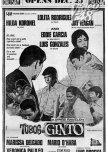
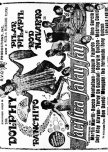
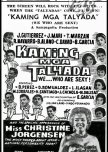

![[BL/gay/LGBTQ+] movies & short movies](https://i.mydramalist.com/kmL7O_4t.jpg)
![[BL/gay/LGBTQ+] movies & short movies](https://i.mydramalist.com/eVm48t.jpg)
![[BL/gay/LGBTQ+] movies & short movies](https://i.mydramalist.com/gZZ0Ot.jpg)
![[BL/gay/LGBTQ+] movies & short movies](https://i.mydramalist.com/7r3YBt.jpg)
![[BL/gay/LGBTQ+] movies & short movies](https://i.mydramalist.com/kDBwv_4t.jpg)











